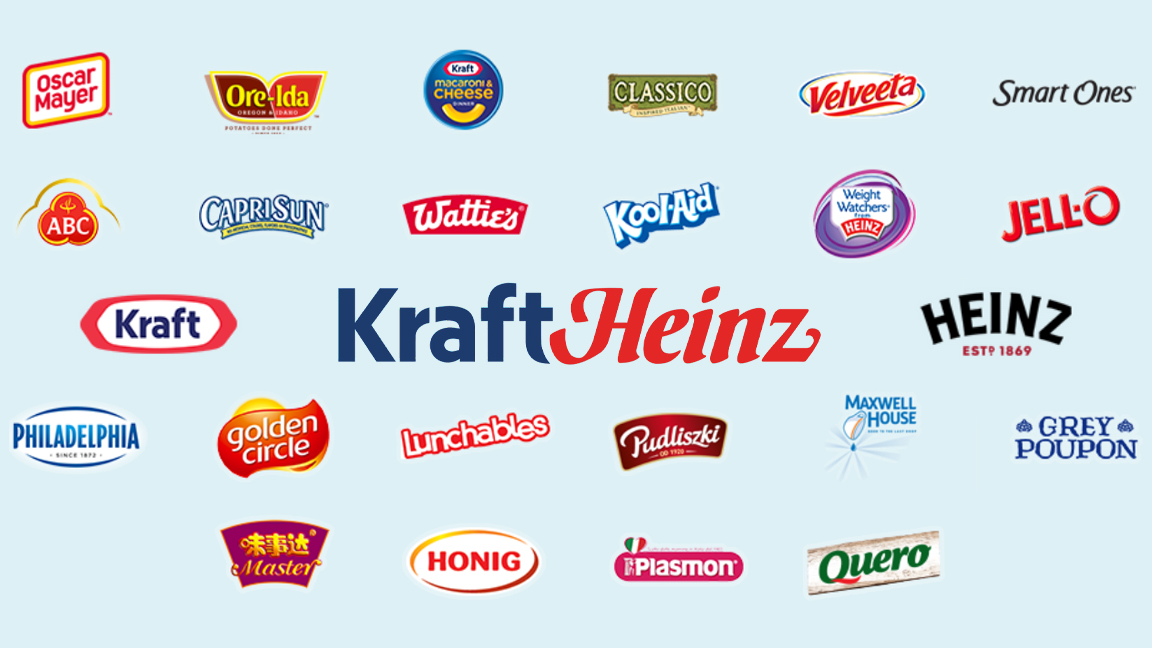
Earnings Per Share (EPS) of $0.62, surpassing estimates.
Revenue fell slightly short at approximately $5.9 billion against the expected $6.01 billion.
Key financial ratios like price-to-earnings (P/E) ratio of 12.67 and debt-to-equity ratio of 0.40 highlight the company’s market valuation and financial health.
Kraft Heinz Company, listed as NASDAQ:KHC, is a major player in the food and beverage industry, known for its wide range of products. The company competes with other giants like Nestlé and Unilever. On April 29, 2025, Kraft Heinz reported its earnings, showcasing an earnings per share (EPS) of $0.62, surpassing the estimated $0.60. However, its revenue of approximately $5.9 billion fell slightly short of the expected $6.01 billion.
In the first quarter of 2025, Kraft Heinz focused on managing controllable factors and investing in quality, taste, and value, as highlighted by CEO Carlos Abrams-Rivera. Despite economic uncertainties, the company achieved results that aligned with their top-line expectations. This strategic focus is reflected in their financial metrics, such as a price-to-earnings (P/E) ratio of 12.67, indicating how the market values its earnings.
The company’s price-to-sales ratio of 1.33 suggests that the stock price is relatively aligned with its revenue. Additionally, the enterprise value to sales ratio of 2.05 reflects the company’s total valuation compared to its sales, providing a broader perspective on its market position. These metrics are crucial for investors assessing the company’s financial health and market standing.
Kraft Heinz’s enterprise value to operating cash flow ratio of 12.66 offers insight into its cash flow generation relative to its valuation. With an earnings yield of 7.89%, the company provides a return on investment based on its earnings, which can be attractive to investors seeking stable returns. The debt-to-equity ratio of 0.40 indicates a moderate level of debt, suggesting a balanced approach to financing.
Lastly, the current ratio of 1.06 suggests that Kraft Heinz can cover its short-term liabilities with its short-term assets, reflecting its ability to manage liquidity effectively. These financial metrics collectively paint a picture of a company that, despite facing revenue challenges, remains committed to delivering value to its shareholders and maintaining financial stability.

